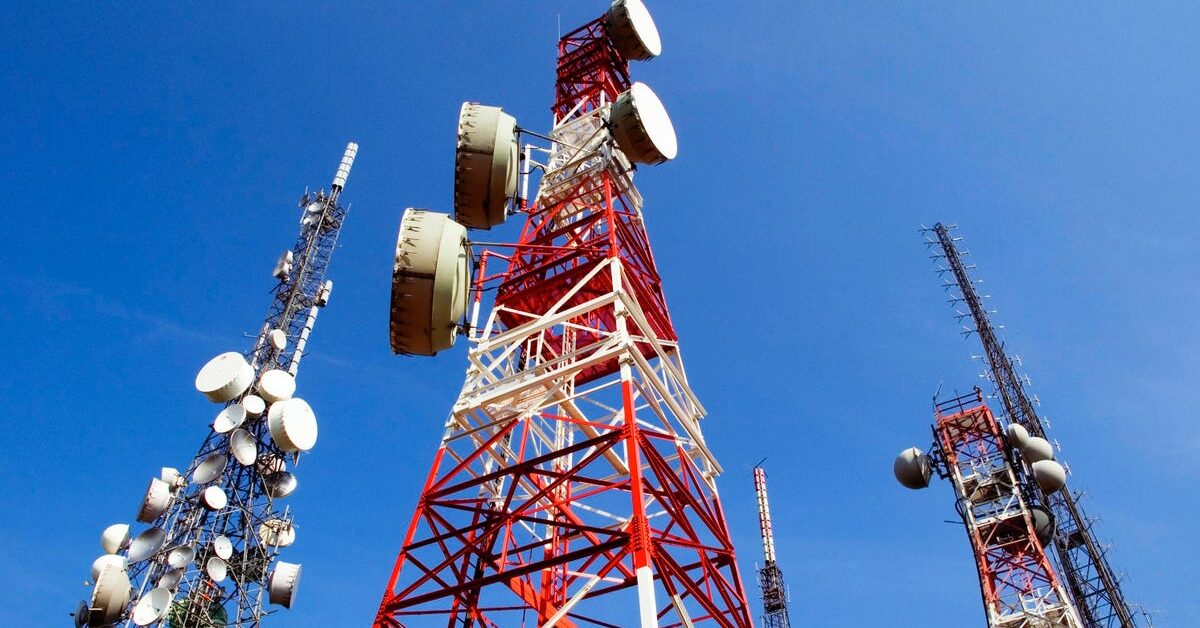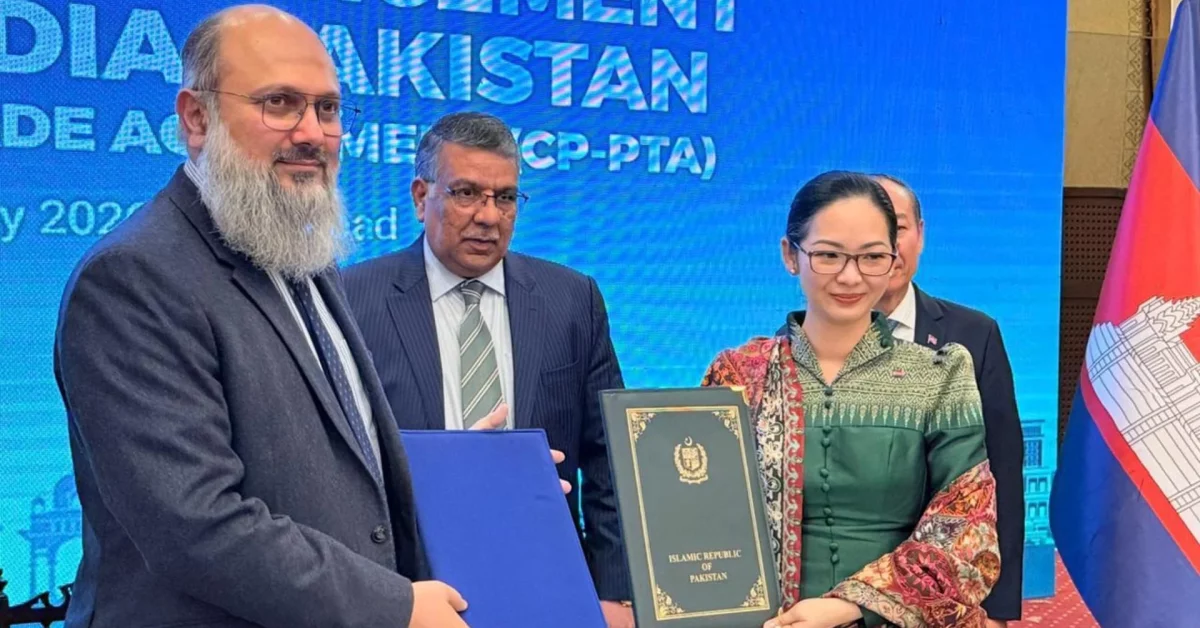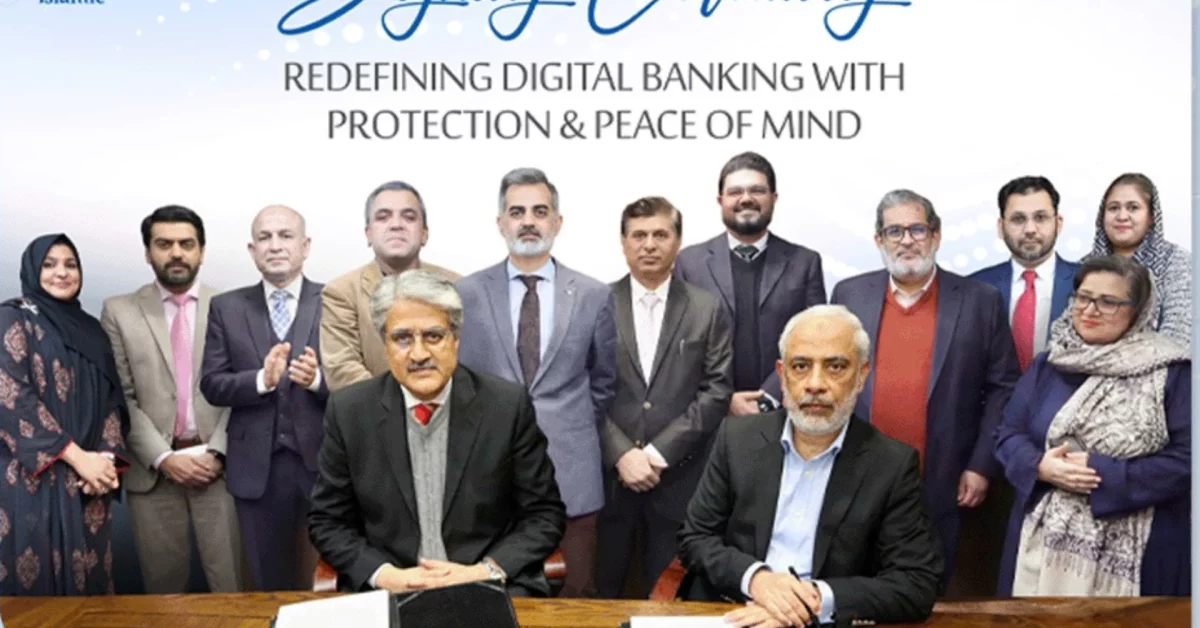
EZ Wage Partners with Bank Alfalah to Revolutionize Financial Wellness in Pakistan
August 4, 2022
CaterpillHERs Partners with Upwork to Coach Women on their Freelancing Careers
August 10, 2022Pakistan’s Telecom industry is one of the most competitive in the world. The competition has so far pushed many big names out of the country while forcing some to either merge or buy to stay afloat. The industry boom back in 2000 started when the government decided to deregulate the industry. Access to a huge population that still wasn’t ‘connected’ brought many international players to Pakistan in hopes of creating real change while making good money. It was all good for a while until it wasn’t.
Many would argue that the highly competitive nature of the industry helps the consumers enjoy extremely cheap prices and services, but we all know that innovation doesn’t come cheap. Currently, by getting tangled in price wars, the companies have not only struggled to make a profit for themselves but at the same time been unable to rapidly expand to value-adding services that can further enhance the quality of life of our people.
The disparity in income that comes from the inability to incorporate inflation in their pricing definitely puts the telecom industry at a disadvantage. In spite of looking like they are making big profits, these telco players and their sponsors are struggling with growing costs. Very recently, the government approved the auction of a new spectrum in the 2.100-megahertz (MHz) band in 5MHz bandwidth for 10 years to fetch around $96 million from each sale. This seems like a great opportunity for the government to make some revenue during this tough time and for telcos to upgrade their services but the real challenge is for these players to afford this spectrum given the current state of the economy and the devaluation of PKR w.r.t USD.
The debate around industry recommendations to redesign the process by accounting for the rupee-dollar disparity, the unstable economy, longer tenures and other factors is old. Still, it hasn’t been able to produce any results so far. The downside to this is that such a discouragement for the players will result in a decrease of foreign direct investment as these companies struggle to be profitable enough to spend so much money for an upgrade of their service no matter how important it is for them.
The latest inflation struggle as a result of currency devaluation is just another issue to add to the decreasing Average Revenue Per User (ARPU) which used to be around $4 in the late 2000s but now has decreased to $1 and continues to go down. It’s a concern when the money they are making per user is decreasing, but the cost to service more customers and improve quality via spectrum auction keeps on increasing. Connectivity is not a luxury; we can’t really afford to push the industry to a point where it has to make tough decisions with the worst-case scenario being them wrapping up their business and leaving. At the end of the day that’s not in favor of the consumer because we need excellent players and healthy competition to ensure the quality of services.
As per the telecom operators, they are very quickly moving towards a time where the overall industry bottom line will soon be in red. This would act as a hurdle for the much-needed expansion of services and deprive the people of this country from access to connectivity and data. Maybe it’s time for the government to sit with these players to find a solution in which everyone can win. The first step can be to auction in PKR and not USD like everywhere else around the world. The recent support from PTA in terms of tariff adjustments gives hope to these players and confidence to the customers that the government is already working to find a solution that’s in the best interest of everyone.






